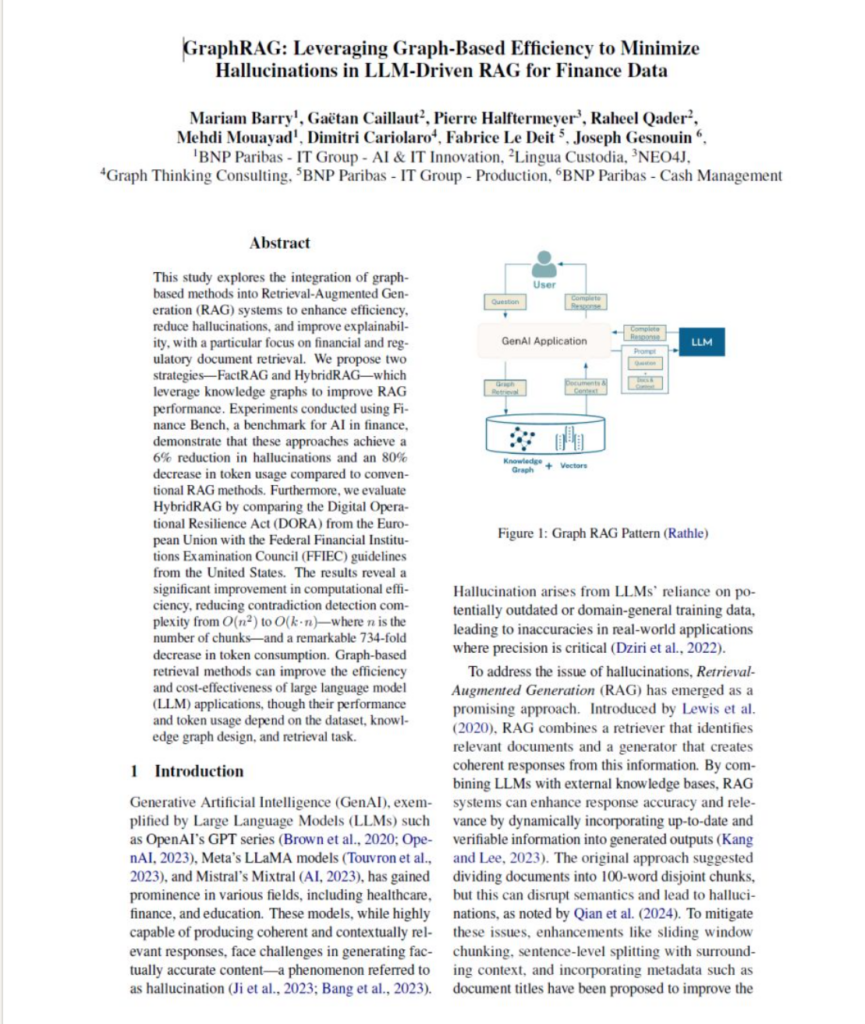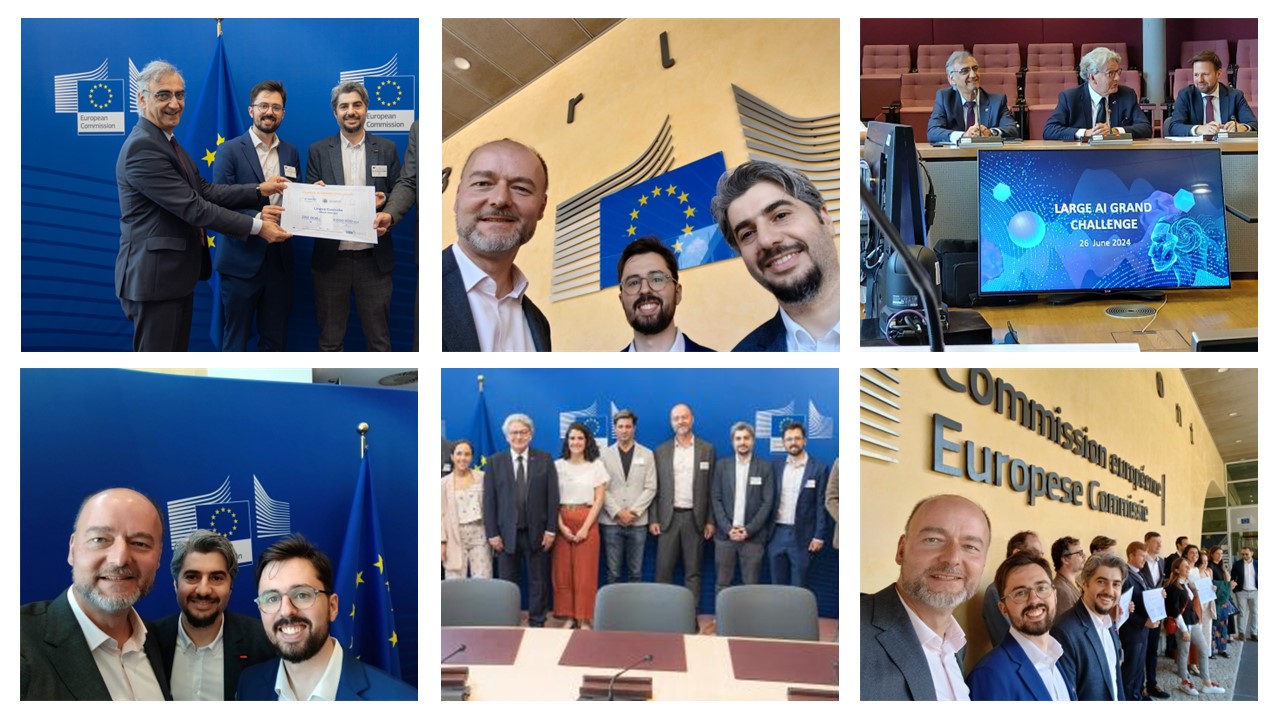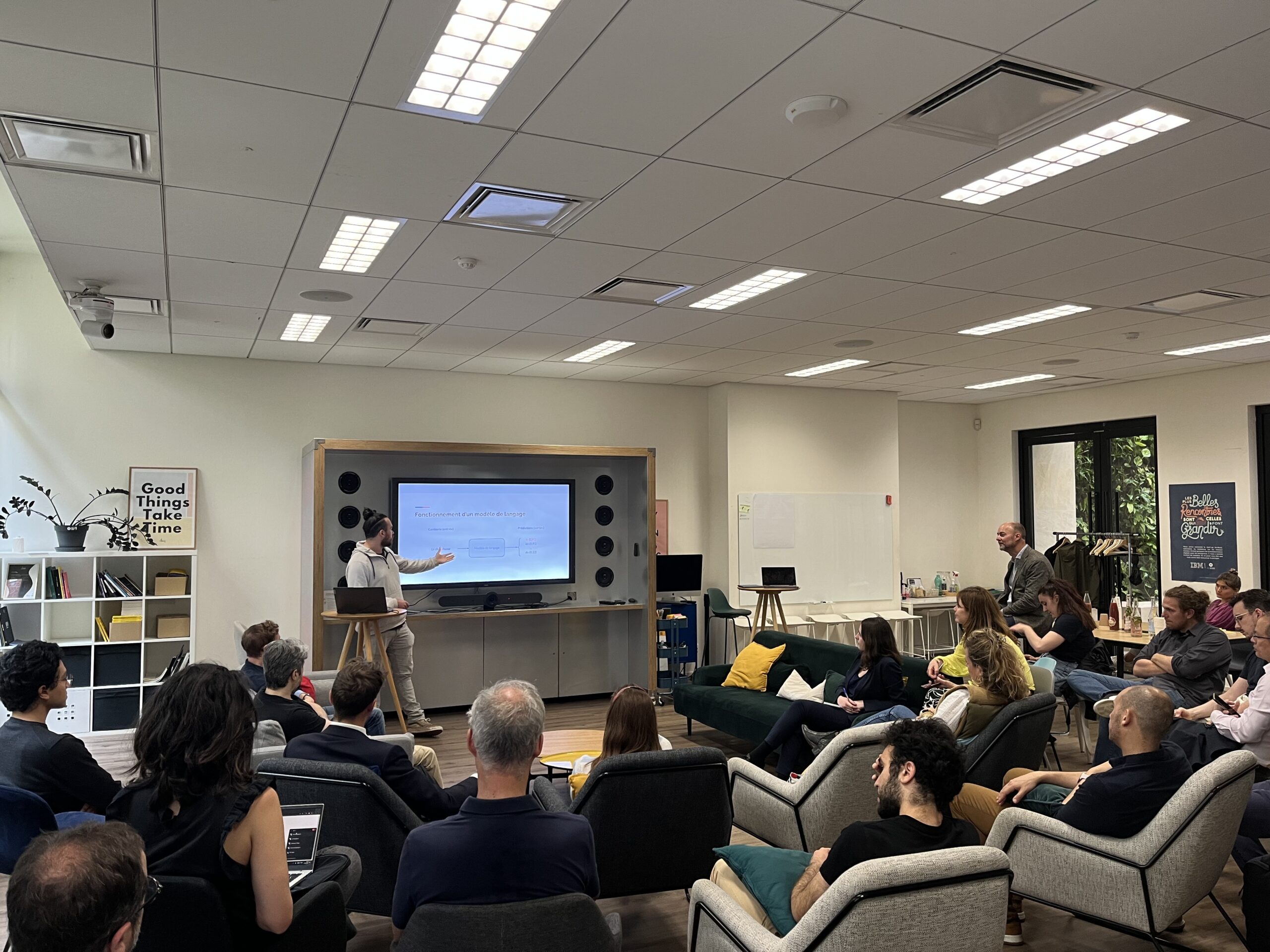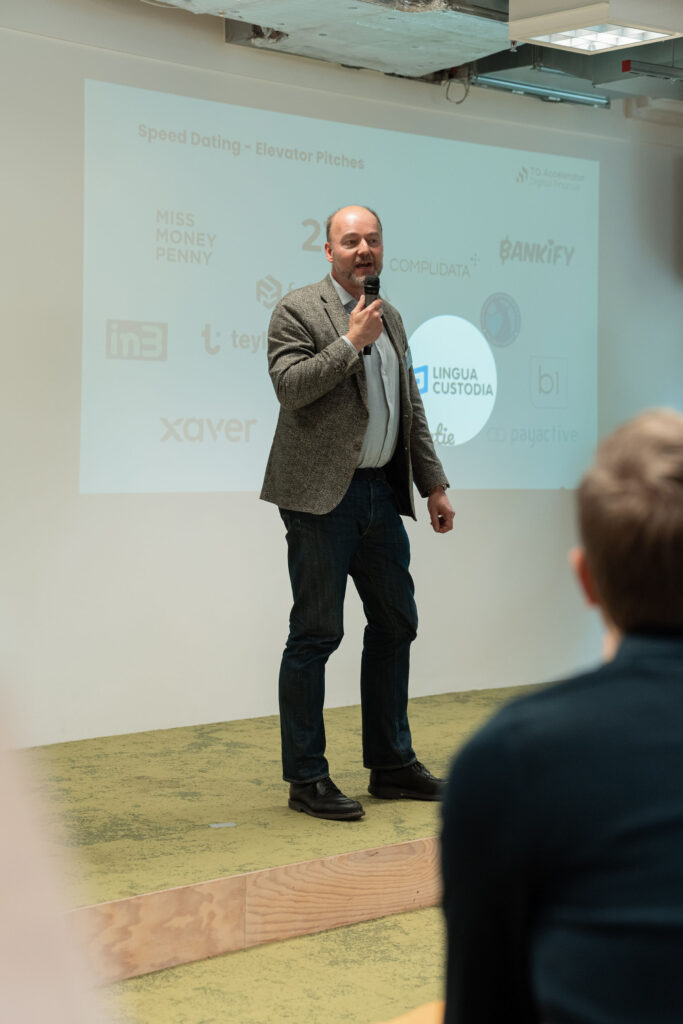April 2025, Paris, France – Lingua Custodia, a leading European Fintech company specialising in AI models for finance, announces the release of six translation models specialised for the financial domain. These new models deliver superior translation quality while consuming significantly fewer computational resources.
As highlighted in the Scaling Laws of Decoder-Only Models on the Multilingual Machine Translation Task research paper (2024), Lingua Custodia’s models outperform large-scale language models such as LLaMA, Mistral, and TowerInstruct in financial translation across 11 language directions.
“Machine translation is a major application of Generative AI, but many existing models require extensive computational power,” says Olivier Debeugny, CEO of Lingua Custodia. “Our models are optimised for financial translation, achieving higher accuracy while being significantly smaller and more energy efficient. This translates to a reduced carbon footprint without compromising performance.”
Developed from scratch on in-house data, these models are trained using financial data. To foster innovation and collaboration, Lingua Custodia is releasing three of these models as open source, making them accessible to the broader AI and financial communities.
These models can be tested directly on Hugging face
About Lingua Custodia
Lingua Custodia is a European Fintech company leader in Natural Language Processing (NLP) and AI models for Finance. It was created in 2011 by finance professionals to initially offer specialised machine translation and is now a specialist in Generative AI models with many research publications in this field.
Leveraging its state-of-the-art NLP expertise, the company now offers a growing range of applications: Speech-to-Text automation, Document classification, Linguistic data extraction from unstructured documents (specialised RAG), Mass web crawling and data collection, … and achieves superior quality thanks to its proprietary AI models and Large Language Models.
Its cutting-edge technology has been regularly rewarded and recognised by both the industry and clients: Investment houses, custody or investment banks, private banks, financial divisions within major corporations, and service providers for financial institutions. Lingua Custodia is also multi awarded by the European Commission and the French Government for its state of the art sovereign, frugal and specialised AI models.
Press Contact
charlotte.bain@linguacustodia.com







